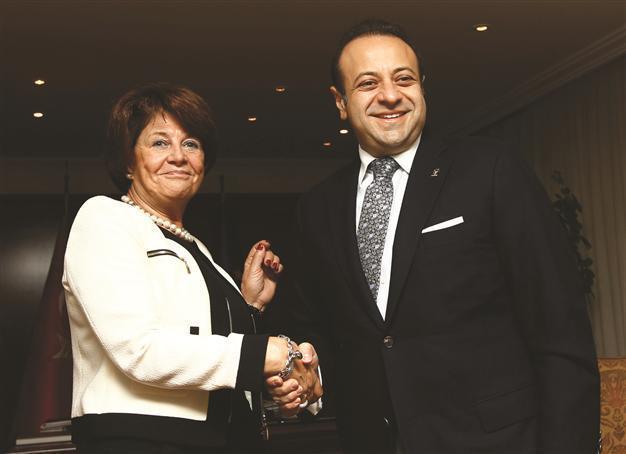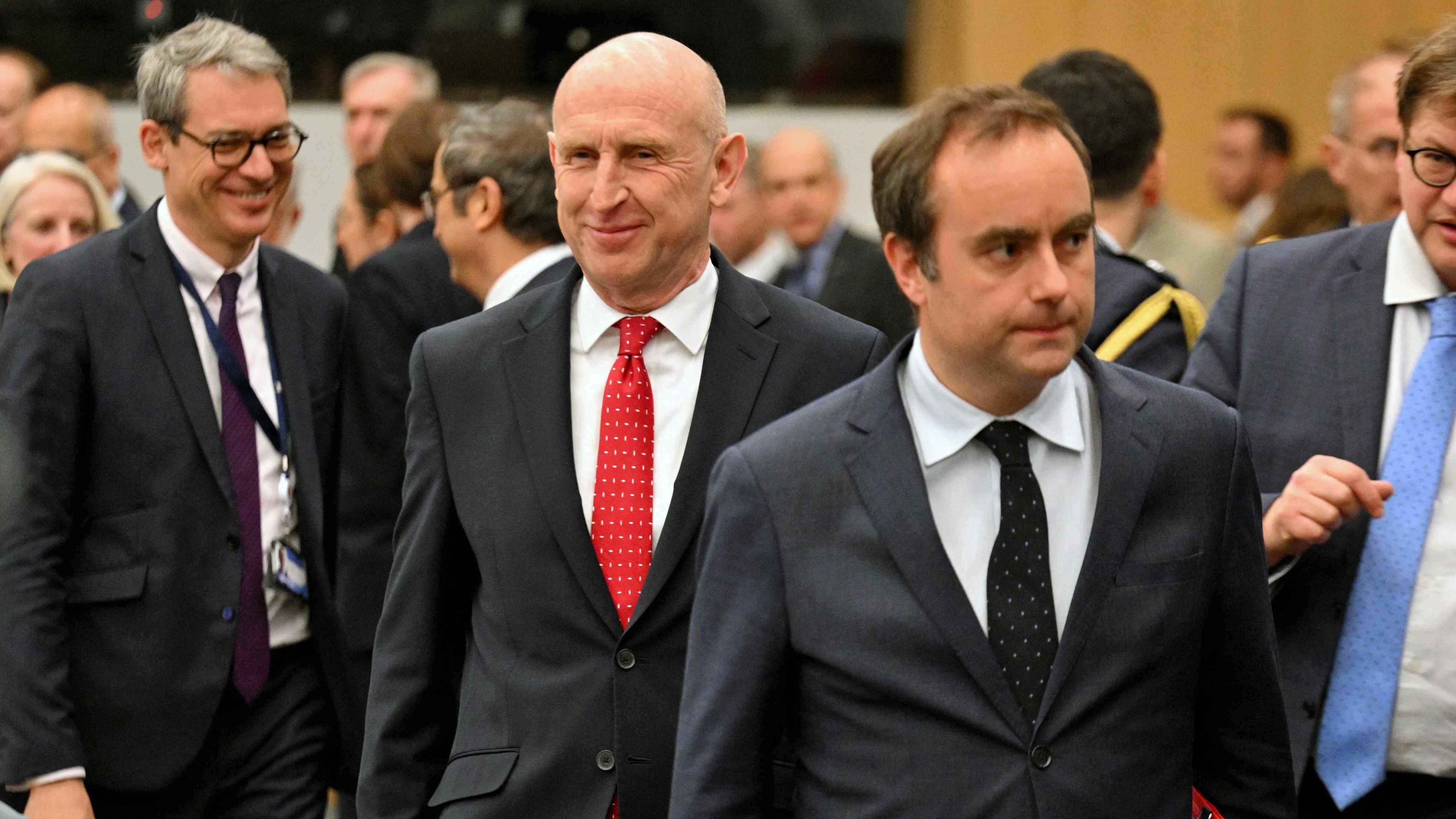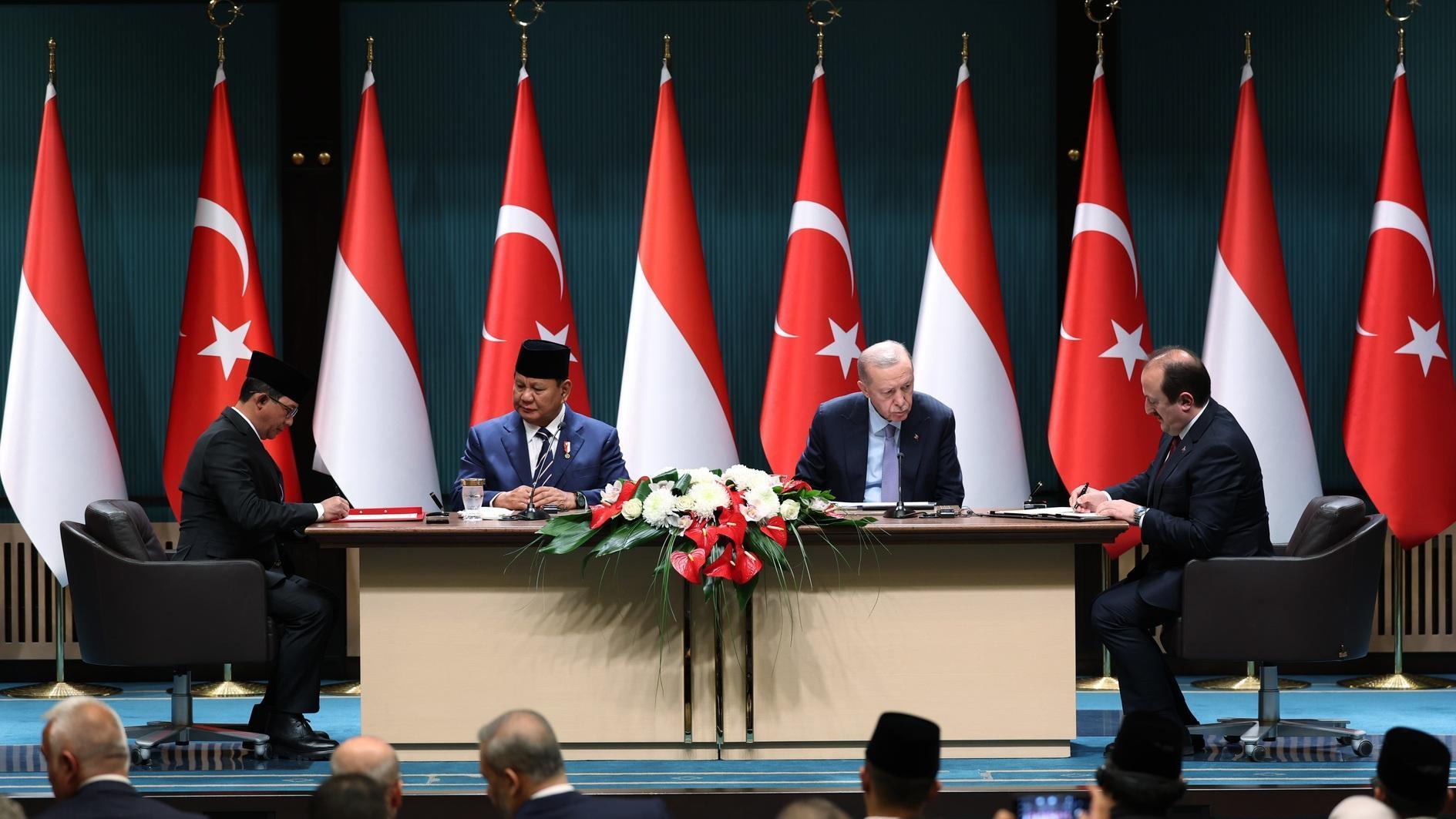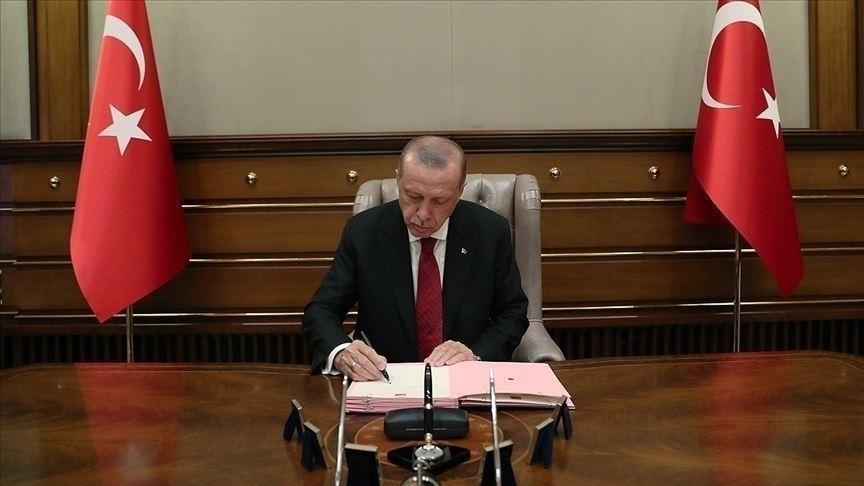'New prospect for momentum in Turkey-EU relations'
EGEMEN BAĞIŞ

Turkish EU Minister and Chief Negotiator Egemen Bağış (R) shakes hands with Ria Oomen-Ruijten, the European Parliament’s Rapporteur on Turkey. AA Photo
The month of October brought two crucial developments in the uneasy Turkey-EU relations; the announcement of the 2013 Progress Report and the opening of the much-anticipated negotiations on Chapter 22 on Regional Policy.As a delayed but positive step, the council agreed to open Chapter 22. We welcome this development after three years of a gap in the accession talks but expect further steps. This indicates a new phase in the accession negotiations following years of stalemate. As the European Commission puts it, “the full potential of the EU-Turkey relationship is best fulfilled within the framework of an active and credible accession process.” We assume that the opening of this recent chapter will be the beginning of a credible accession process, which has unfortunately been highly politicized for Turkey.
Despite all shortcomings, the EU has been a strong anchor for Turkey in taking steps for further democratization and the improvement of the living standards of our citizens. We are determined to advance the EU accession process through the reforms serving the objectives of a modern democracy.
Indeed, Turkey’s current level regarding democratization, human rights and socioeconomic development is indisputably closer than ever to EU standards.
The Progress Report with its relatively objective perspective was another important development in October. As indicated in the report, our government is committed to the democratization process and the reforms. The recent democratization package announced by Prime Minister Recep Tayyip Erdoğan has been highly praised. Thanks to the steps we have been taking for the past 11 years, Turkey has accumulated the critical mass for the change of mentality. “The nation for the state” perception has been replaced by the notion of “the state for the nation.” We welcome the recognition of this significant change in the Progress Report.
As underlined in the report, with its large, dynamic economy, Turkey is an important partner for the EU and a valuable component of EU competitiveness through the Customs Union. Moreover, Turkey’s alignment with the EU acquis is quite advanced. According to the report, Turkey has made progress in 32 out of 33 chapters since last year.
Despite all these positive developments, we cannot understand the blockages Turkey suffers in the negotiation process. As a matter of fact, the commission also underlined that work on the negotiation chapters was interrupted many times as a consequence of disagreements among member states. Thus the commission itself admits that the blockage of the negotiations is not the outcome of Turkey’s technical shortcomings, but of the political attitudes adopted by some member states. We hope that the unreasonable political blockages on other chapters will be removed as soon as possible.
Accordingly, the most important issue at this moment is the opening of negotiations on Chapters 23 and 24, which together compose the backbone of political reforms. It is inadmissible that the opening criteria regarding these chapters have not been communicated to Turkey despite the fact that we took many crucial steps including the adoption of the Judicial Reform Strategy and the National Anti-corruption Strategy as well as the establishment of the Ombudsman Institution and the National Human Rights Institution. It is good to know that the commission has made a call to member states for further progress on these two chapters.
Last month marked the 50th anniversary of the Ankara Agreement. The EU has been a compass for Turkey in many difficult periods and the integration process has prevented any possible deviations in Turkey’s road towards contemporary civilization. The Justice and Development Party (AK Party) period has long deserved acknowledgement for turning the EU accession process into real gains for our people and EU membership into a concrete and achievable objective. Our government is committed to advancing the EU accession process, which has been characterized by the reforms serving the objectives of a modern democracy.
In political history, no other country has waited so long for membership to an international organization. It is a matter of fact that a number of external and internal factors have led to this delay.
As the saying goes, “It takes two to tango,” and Turkey hopes to extend all of the vibrancy accumulated over the last decade back to the EU if only some member states can get past that nuisance, that is, ideological prejudice.
*Egemen Bağış is Turkey’s European Union minister.











